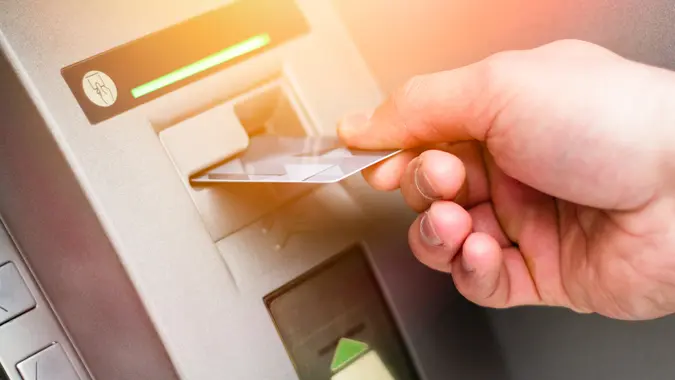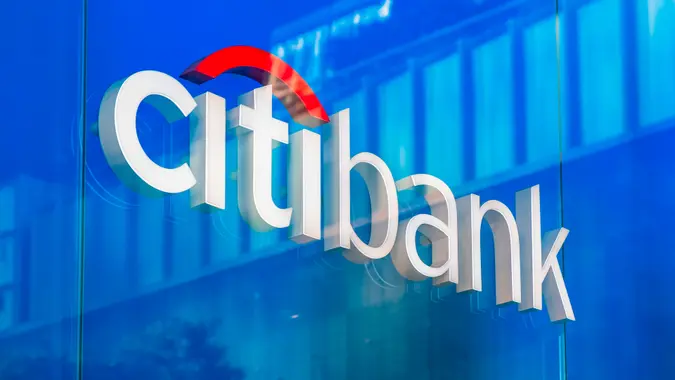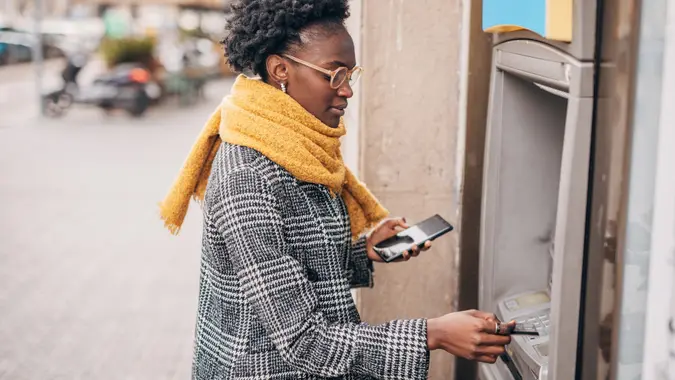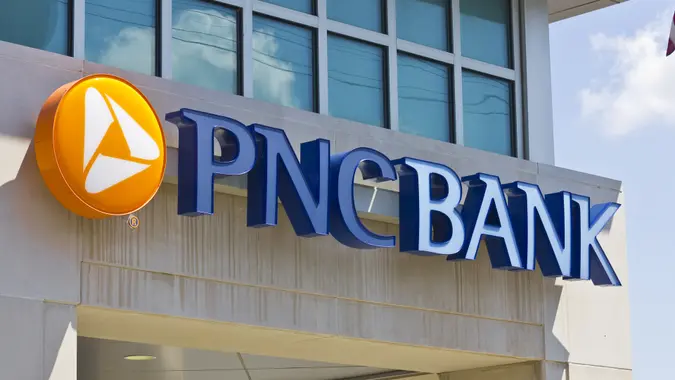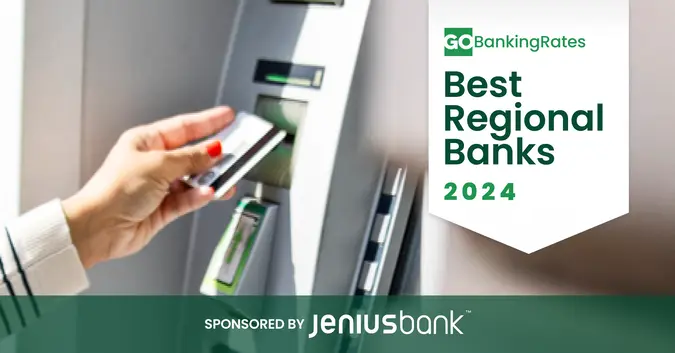Can You Open a Bank Account Without a Social Security Number?
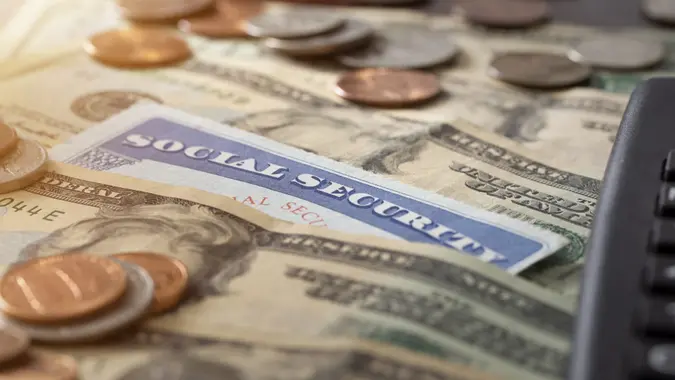
Commitment to Our Readers
GOBankingRates' editorial team is committed to bringing you unbiased reviews and information. We use data-driven methodologies to evaluate financial products and services - our reviews and ratings are not influenced by advertisers. You can read more about our editorial guidelines and our products and services review methodology.

20 Years
Helping You Live Richer

Reviewed
by Experts

Trusted by
Millions of Readers
Opening a bank account is a fairly easy and straightforward process in the U.S. However, you will need to provide certain personal and financial information to get started. The reasons for this are multifold. For starters, the bank needs to know how to contact you in order to send you important information like your statements. The bank also needs to verify your identity. Typically, you’ll have to provide your Social Security number when you open a bank account, but there are some limited scenarios where you may be able to sidestep that requirement. Here’s why banks ask for your Social Security number when opening an account and how you might be able to avoid providing it.
Why Banks Need a Social Security Number
Your Social Security number is in many ways the anchor of your financial life. Its most important purpose may be to keep track of your lifetime earnings so that you receive your proper Social Security benefits when you retire or become disabled. But your Social Security number serves a number of additional important functions. One of the most important when it comes to banking is that it serves as a unique link to your identity. Banks can use your Social Security number, in conjunction with other identifying information such as your date of birth, to instantly confirm you are who you say you are. Once your account is open, your bank will also use your Social Security number to report certain financial transactions and earnings to the IRS. For these primary reasons, banks will almost always ask you for your Social Security number.
ITIN as an Option
If you either can’t or won’t provide your Social Security number to a bank, you may still be able to open an account if you have an ITIN. An ITIN is an Individual Taxpayer Identification Number, and in some cases, it can serve as a substitute for a Social Security number. Officially, an ITIN is a tax processing number issued by the IRS for those who cannot obtain a Social Security number. Individuals who are not able to acquire a Social Security number include nonresident and resident aliens, their spouses and their dependents. In this case, you obviously don’t have the ability to provide a Social Security number, so you’ll need to provide your ITIN instead if you’re opening a bank account. If you simply don’t want to provide your Social Security number, the bank may reject your new account application.
What If You Have No Social Security Number or ITIN?
Depending on the bank you’re dealing with, you may be able to get an account open even if you have no Social Security number or ITIN. However, you should expect to jump through quite a few hoops if you’re using this option. At some institutions, you may be able to use your passport in conjunction with your driver’s license or other government-issued photographic ID to prove your identity. You’ll also typically need to provide your date of birth, phone number and address, just like any other new account applicant. However, even then you’ll likely be limited as to the type of account you can open. The bank will still want some form of tax identification document so that your transactions and income can be accurately reported to the IRS. You’ll have to contact the institution directly to see if some type of accommodation can be made if you wish to open an account and have neither a Social Security number nor an ITIN.
More From GOBankingRates
 Written by
Written by  Edited by
Edited by 



